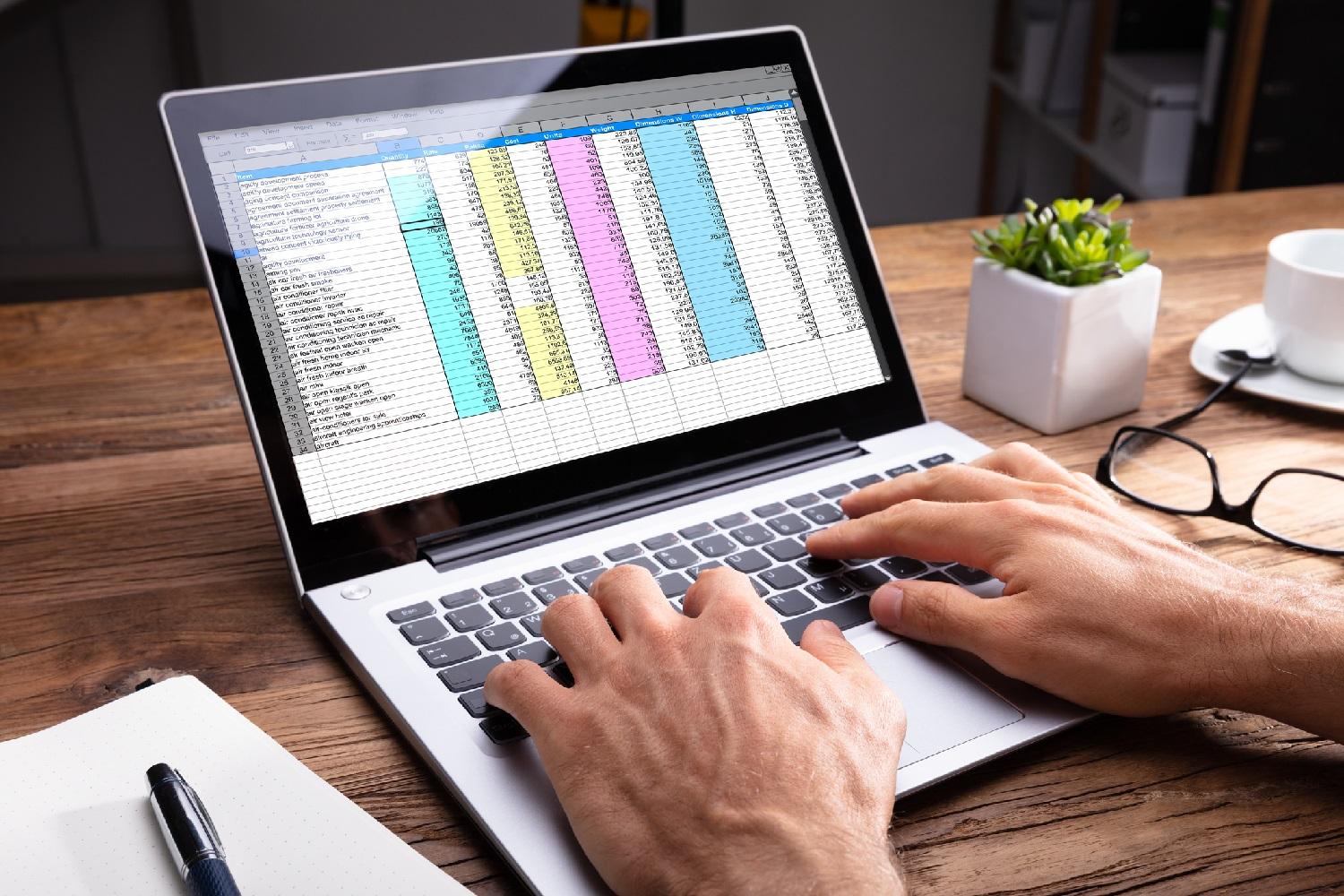Finances
Learn the ins and outs of what you need to have ready to secure funding for your business. We've covered the basics.
Latest: Advice, Tips and Resources
See All Latest
The year's last quarter is a good time for businesses to strategize spending and expenses to prepare for tax season. Learn tips for end-of-year tax prep.

Business bank accounts are crucial for recordkeeping and professionalism. Learn how to get a business bank account even if your personal credit is poor.

This guide explains how SBA loans differ from typical bank loans and how you can use them to your small business’s advantage.

A balance sheet shows where your business stands at a certain point and includes assets and liabilities. Learn why balance sheets are crucial in business.

Several types of individual retirement accounts and 401(k) plans can benefit self-employed people. Learn about saving for retirement as an entrepreneur.

Small business owners are responsible for their retirement planning. Learn how to set concrete goals and weigh retirement savings accounts.

A debt collection attorney works to recover debts from nonpaying customers. Learn when business owners should hire or consult a debt collection attorney.

Employers have options for paying their employees, including direct deposit and paycards. Both offer benefits and drawbacks that need to be considered.

When you are self-employed, filing your taxes can be tricky. This handy guide can make things easier.

Minimum wage increases affect small businesses. Learn about state and local minimum wage laws and what small businesses need to know to plan and adapt.

EMV chip cards help prevent fraud and allow customers to pay easily. Learn why you might want to accept this form of in-person card payment.

Learn about the types of inflation, the history of inflation in the U.S., inflation's impact on interest rates and how to protect your business from the effects of inflation.

Meta Pay, formerly Facebook Pay, is a secure digital wallet payment form. Learn how to get started with Meta Pay and how it can help your business.

A revolving line of credit lets businesses borrow against a set amount. Learn how revolving lines of credit work, their types, and their pros and cons.

Getting small business funding without collateral is challenging. An unsecured business loan is an option, but interest rates and risks are factors.

A lien gives a lender the right to your property or assets if you fail to repay a loan. Learn how liens can help your business and how to get rid of them.

A per diem is a daily stipend an employer provides to cover employee expenses. A per diem employee works with a company on a daily basis at a set rate.

Conducting random audits of your bookkeeper and finances can ensure your books are balanced and your bookkeeper is following proper protocol. Learn how.

Here’s everything small business owners need to know about being audited by the Internal Revenue Service.

A recession can harm your business, but you can prepare for it. Here’s how to set yours up to weather this economic storm.

Learn how to qualify for a commercial real estate loan, find out the different types and get answers to frequently asked questions.

Venmo can be a secure way to simplify online transactions for you and your customers. Find out how Venmo works and how to set it up in our guide and FAQs.

This guide explains withholding allowances, how they work, and what an employer’s obligations are when conducting payroll.

Payroll advances can help relieve financial stress for employees, boosting their productivity, engagement and loyalty. Learn how payroll advances work.

This guide explains the importance of the form HCFA and how to fill it out for your medical practice.

Skip tracing can help you find someone who is trying to avoid paying a debt owed to your business. Here’s what it is and when to employ it.

Experts share their advice, from the obvious to the unexpected. Plus, find the best medical billing software.

Small business forecasting is an important part of running a company, helping you plan ahead for your business’s finances.

FICA is the federal income tax that funds Social Security and Medicare. Here’s how to properly calculate and pay these taxes.

ERA is a HIPAA-compliant electronic substitute for paper-based EOBs. An ERA includes the same information as an EOB, but it's faster to generate.